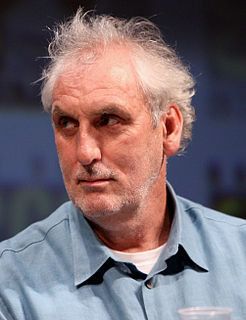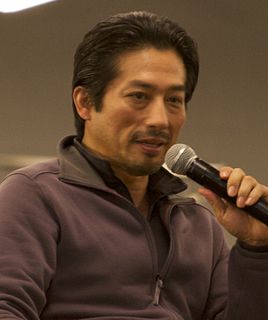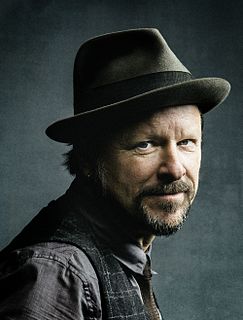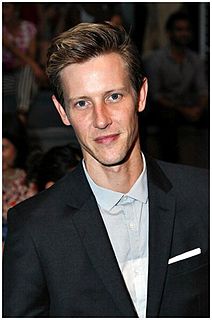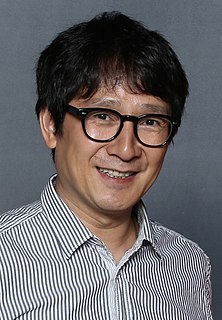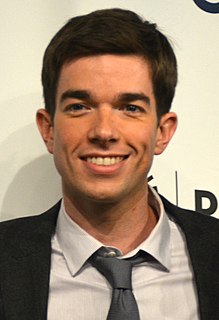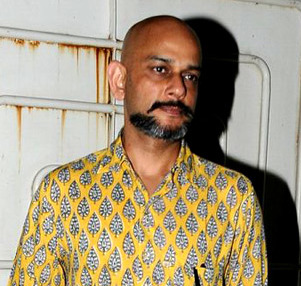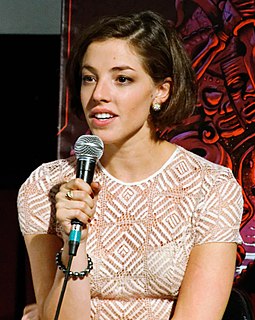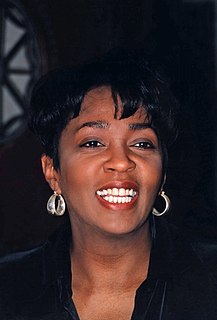A Quote by Phillip Noyce
Oh yeah - I watched Knife in the Water, saw the shot, and repeated it. But even if I hadn't seen that film, inevitably the camera would've ended up on top of that mast, I mean if you think of it there are only so many dynamic shots on a boat.
Related Quotes
I saw this sign posted once, it said, "Blasting Zone Ahead." Wow. Shouldn't that read: "Road Closed?" What do you mean there's a blasting zone? What am I supposed to do? "Hey-uh, you might wanna buckle up. Blasting zone coming up. Yeah. Just saw the sign. Put the helmets on back there! Yeah I think we're- (Pow!)- Oh! We're getting close! (Pow!)- Oh! This is gonna be a bad blasting zone! Remember that last one-we lost Billy?"
I was at a Madonna show many, many years ago and I was in the sweet spot and she came out and I mean it was the best part of the show. And I was shooting, shooting, shooting, shooting. And I'm like, "God, I must have shot a hundred pictures have I not run out of film?" And I opened the back of my camera and there was no film in there. So that happened to me only once.
I know when I watch a film at this point, if I completely lose myself in the characters and the story and the world of the film I know that it's at least in my opinion, that was great. Otherwise I'm thinking: "Oh I know they were just doing A, B and C, right before they walked into the scene, then the camera was there, then they probably took the shot from this reverse close-up and moved it into this." When all of that drops away then I'm like: "Okay this was phenomenal, this was fantastic." I mean, any film or TV performance in general is probably good.
As a kid, I always wanted to be like Spielberg and to make wonderful movies. Even when I was making 'Indiana Jones,' I was looking at how he would come up with these amazing shots and how he would choreograph the blocking and all that. So I knew from early on I would go to film school and try to work behind the camera.
The time to hurry is in between shots. It's not over the shot. It's timing how people walk. You have to add that to the equation. If you've got somebody walking slow and they get up to the shot and take their 20 seconds, what's the aggregate time for them to hit that shot in between shots? That's what really matters. It's not the shot at hand.
If I'm ever working on a set and anyone talks about a master shot, I say there is no master shot. Before I even went to film school, I learned about movies by being in a British feature film, where everything was shot master shot, mid-shot, close-up. But I reject the idea of a master shot. You don't shoot everything mechanically; you find imaginative ways that serve the action.
So I tried to get my shot with a 50mm and I did it - this is when we're shooting film, not digital. The guy that hired me looked through the pictures and was like, "Oh, this is pretty good. You did a good job." And I was like, "Yeah, I'm sorry. I only had a 50mm. My girlfriend rented the wrong lens..." and he stopped looking at the pictures and he looked up at me and he said, "You shot this with a 50mm? You're hired."
